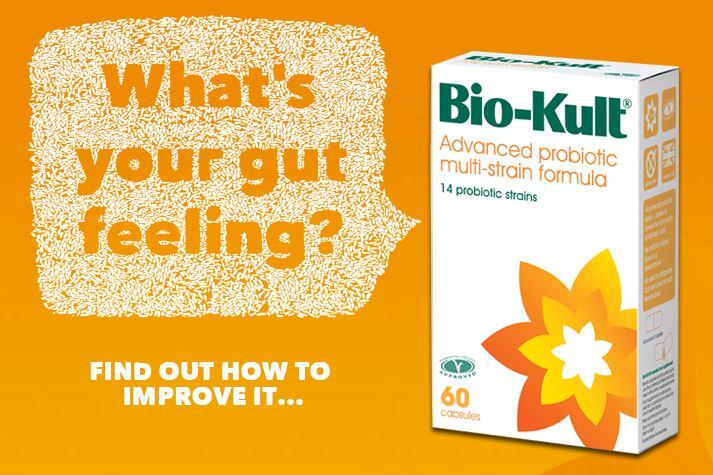PIL took advice following the Advertising Standards Authority (ASA) ruling on its Bio-Kult brand and opted for ‘live bacteria’ which is not mentioned in the EU nutrition and health claims regulation (NHCR) as an implied claim. Bio-Kult had been making no specific claims, merely using the word probiotic.
Patrick Coppens, director of scientific and regulatory affairs at Brussels-based industry group, Food Supplements Europe (FSE), described the situation as, “pure semantics”. He said the terminology was likely to avoid regulatory trouble as, “the fact it is ‘live’ is not necessarily a health benefit.”
PIL said the NHCR and its interpretation by the likes of ASA was only creating confusion for industry and consumers.
“In light of this regulation we are beginning to see new words being used to describe products containing probiotics, which in our opinion only adds to the confusion in the consumers mind, defeating the purpose of the regulation,” a company spokesperson said.
It said it was investing in science, “to achieve a health claim and become entitled to use the word ‘probiotic’, and we hope to be in a position to better inform consumers in the future.”
Asked if ‘live bacteria’ could also be deemed an implied health claim, the ASA’s Natasha Downes pointed to a recent Yakult UK Ltd advert which referenced bacteria.
“We considered that the claim in and of itself, ‘Yakult's unique bacteria are scientifically proven to reach the gut alive’ was substantiated and therefore acceptable,” Downes said.
She said the ASA would issue probiotic guidance, "in the next couple of weeks."
Consistent interpretation?
But not all EU member states and their relevant agencies and bodies are interpreting the NHCR in the same way, something Coppens put down to a badly written regulation that, “left too much room for interpretation.”
The UK Department of Health issued advice in 2011, stating, “’probiotics and prebiotic fibre’ refer to a function in the body, and are therefore defined as health claims and will need to be authorised.”
“In practice this is likely to mean accompanied by an authorised health claim for the specific probiotic strain in the food in question.”
That closely followed earlier European Commission advice that stated,"the reference to probiotic/prebiotic implies a health benefit."
But the Food Safety Authority of Ireland (FSAI) last year said a broader collection of terms may be classed as health claims – not just ‘probiotics’ or ‘prebiotics’.

“Any terms that imply probiotic activity (i.e. imply that the bacteria in the product may be beneficial for health) are health claims and are not permitted.”
”For example if terms like ‘live’ or ‘active’ are used to describe bacteria, these imply a probiotic function and therefore are considered to be health claims. No health claims have been approved for ‘probiotic’ and therefore terms that imply a probiotic function are not permitted.”
But it said strain names such as Lactobacillus rhamnosus were permitted.
While the EU's science agency has so far failed to back pre- and probiotic health claims, Switzerland, which is not an EU member state, recently issued a number of approvals to probiotic category leader, Danone.
Education, acceptance
Peter Wennstrom, president and expert consultant at the Healthy Marketing Team, described the ASA ruling as, “a bit Kafka-esque”, but said the takeaway for probiotic players was the importance of education to gain ingredient acceptance.
“It boils down to the simple conclusion that education must go before claims for long term growth of any ingredient category,” Wennstrom said.
"’Live bacteria’ or ‘bacteria cultures’ are what consumers must accept in order to learn how these bacteria interact with our body to promote health and prevent illness.”
He added: “The fundamental difference in communicating a medicine and a nutraceutical is the acceptance of the Ingredient.”
